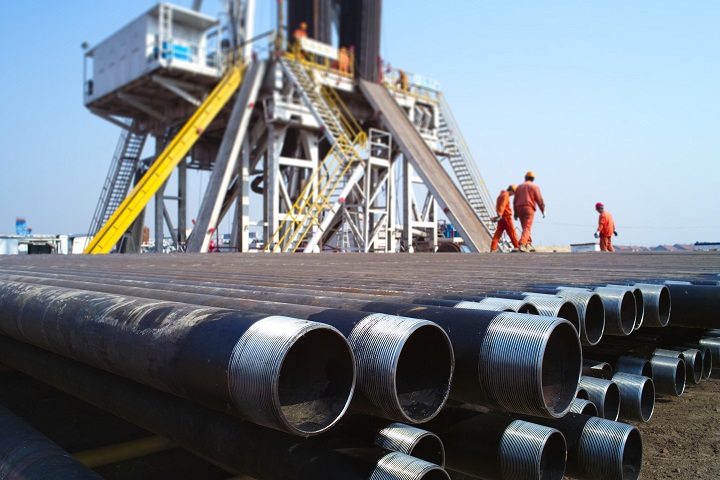 When it comes to deciphering the complexities of steel oilfield pipe thread standards, it can be daunting. With a myriad of options, understanding which thread types to use is critical for well construction and maintenance. From the basic API standards to the advanced performance of premium threads, the choices impact safety, efficiency, and durability. Ensuring you choose the right thread type is essential, especially when working with used oilfield pipe, to maintain the integrity of your operations.
When it comes to deciphering the complexities of steel oilfield pipe thread standards, it can be daunting. With a myriad of options, understanding which thread types to use is critical for well construction and maintenance. From the basic API standards to the advanced performance of premium threads, the choices impact safety, efficiency, and durability. Ensuring you choose the right thread type is essential, especially when working with used oilfield pipe, to maintain the integrity of your operations.
Oilfield Pipe Thread Standards (API & Beyond)
The American Petroleum Institute (API), through its standard API 5CT, sets the minimum bar for designing and constructing oil and gas wells. This includes specifying the types of threads used on casing and tubing:
- External Upset End (EUE)
- Buttress Thread Coupled (BTC)
- Short Thread Coupled (STC)
- Non-Upset End (NUE)
- Long Thread Coupled (LTC)
- Line Pipe (LP)
These standards are crucial, especially when dealing with used oilfield pipe, where having a clear knowledge about the thread type is essential for safe and effective reuse.
However, the API standards are just the starting point. Manufacturers often develop their own premium threads exceeding the API minimums. These enhanced threads offer the following:
- Additional Tensile Capacity
- Improved Hydraulic Sealing
- Easier String Make up
Definition Of Premium Oilfield Pipe Threads
When considering used oilfield pipe, it’s essential to understand the distinction between standard API threads and premium threads. While API (American Petroleum Institute) standards (API 5CT) set the baseline for thread design, premium threads offer a significant leap in performance and reliability.
What sets premium threads apart? They often involve modifications to the thread form, crest-root design, torque shoulder, or integral flush, resulting in:
- Enhanced Strength and Durability: Improved resistance to wear, fatigue, and stress, particularly in demanding environments.
- Superior Sealing: Tighter seals to minimize leaks, prevent contamination, and maintain pressure integrity.
- Easier and Faster Makeup: Streamlined design for quicker assembly and reduced risk of damage during installation.
While the initial cost of premium threads might be higher than API threads, the long-term benefits are substantial. They can significantly extend the lifespan of a well, enhance overall yield, and improve operational efficiency.
When selecting a used oilfield pipe, careful consideration of the well’s environment and geological profile is crucial. Understanding the advantages of premium threads empowers operators and well designers to make informed decisions that maximize the performance and longevity of their assets.
Safeguarding Used Oilfield Pipe Threads to Ensure Optimal Performance
The performance and longevity of used oilfield pipe hinges on the integrity of its threads. Regardless of whether the steel pipe features standard or premium threads, corrosion, debris, and accidental damage can compromise connections, leading to leaks and operational inefficiencies.
To ensure your used oilfield pipe functions optimally, prioritize thread protection:
- Precision is Key: Thread protectors must perfectly match the exact dimensions of your used steel pipe threads to provide effective protection.
- Comprehensive Solutions: There should be a wide array of thread protectors for all types of steel oilfield pipe threads, including custom solutions for proprietary premium designs.
By investing in thread protection, you’re safeguarding the integrity of your used oilfield pipe and ensuring the continued efficiency and safety of your well operations.
Partner With International Pipe
Optimize your well’s performance, safety, and longevity with expert guidance from International Pipe while selecting used oilfield pipes. Contact us today and secure the integrity of your oilfield operations.
